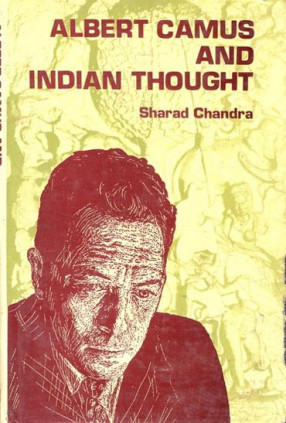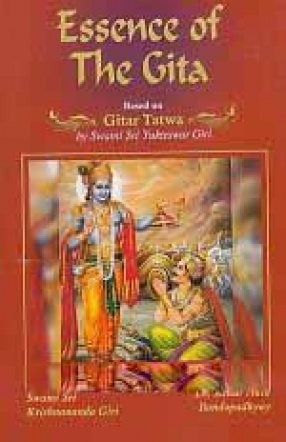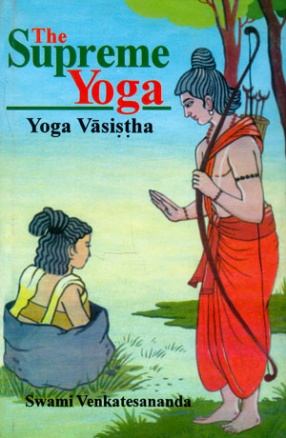Camus and India
In this book the author has dealt with a detailed study of the work of the French Nobel Laureate, Albert Camus in relation with the ancient Upanisadic thoughts. In the writings of .Albert Camus the whole civilized world found a nobility of spirit. The characteristic quality specially quoted in his Nobel Prize citation was, "his illumination of the problems of the human conscience in our time." Camus was baffled by the seeming meaninglessness of human life, its inexplicability, the feeling of unreality and strange-ness. He conceived ours to be a world without God, a world adrift and without any guiding purpose at all. His contention was that man faces a world which is simply there, and into which a man is hurled by a blind and senseless fate. This theme of essential futility, absurdity, utter incomprehensibility of life and death is stressed in almost all his writings. Like Lord Buddha he was shocked by the sight of human misery and mortality. Yet, paradoxically was attracted to the essential desirability of it. Although completely ruffled by the consciousness of an ambiguous and silent God he was not unaware of "that strange joy that comes from a tranquil conscience", a perfect inner harmony one experiences on attaining true knowledge. Upanisads are a search for this very reality underlying the flux of things. The author has put forward a convincing comparative study of two philosophies as expounded in their respective literatures and of two seemingly disparate cultures. This study is fundamentally useful to the interpretation of all literature as belonging to the world and not to a limited geographical region.
Get it now and save 10%
BECOME A MEMBER










Bibliographic information